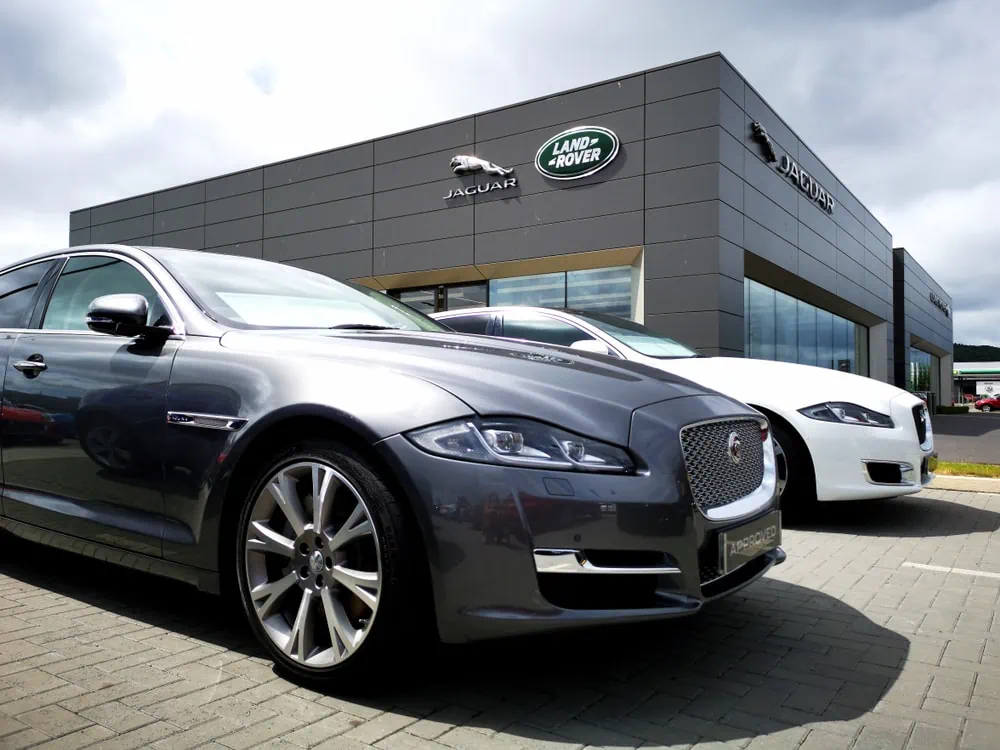The convergence of technology, changing consumer behaviours and a commitment to environmental consciousness is redefining the way vehicles are bought, sold and serviced in the world’s largest automotive market, writes Tom Pattinson
Over the last few decades, China has become a global automotive giant. This remarkable growth has been paralleled by the development of a solid car dealership model, initially centred around the ‘4S system’ – an acronym for ‘sales, service, spare parts and surveys’. However, as the Chinese market reaches a new level of maturity and consumer preferences undergo a seismic shift, the once unshakable dealership model is undergoing a profound transformation, redefining the way cars are sold and serviced.
For decades, the 4S dealership model formed the bedrock of China’s automotive retail industry. This system proved immensely lucrative for dealerships. The appeal of a one-stop-shop experience, where customers could seamlessly transition from purchasing a vehicle to making sure it was running smoothly, significantly contributed to the popularity and financial success of 4S dealerships.
“As private car ownership continues to grow in China, the way in which cars are sold to the customer is undergoing change,” says David Gregory, China Market Business Advisor, CBBC. “In some cases, we are now seeing examples of car manufacturers striving to develop a more direct relationship with their customers rather than relying solely on the 4S dealership routes to market.”
The momentum is shifting away from new car sales as the second-hand car market gains unprecedented traction. A multitude of factors play into this transformation – a burgeoning middle class now prioritises cost-efficiency, a heightened consciousness towards sustainability impacts purchasing choices, and the quality of used vehicles has notably improved. Moreover, economic uncertainties and evolving consumer priorities have led prospective buyers to explore alternatives, with the second-hand market offering a compelling option.
The shifting dynamics of China’s automotive landscape have prompted industry leaders to explore unconventional avenues for vehicle sales. Alibaba’s car vending machines stand out as a prime example. These machines, offering test drives to potential buyers with strong credit scores, deliver an engaging and memorable experience while harnessing technology to streamline the sales process. However, Alibaba is not alone in this quest for innovation.
Jaguar Land Rover (JLR) has introduced a direct-to-customer sales approach, bypassing traditional dealerships in certain cases. Through their online platform, customers can configure, purchase, and even finance their vehicles without ever setting foot in a physical showroom. This approach caters to a digital-savvy consumer base while simplifying the purchasing process.
BMW, on the other hand, has embraced augmented reality (AR) and virtual reality (VR) technologies. Prospective buyers can now use their smartphones or VR headsets to explore detailed virtual showrooms, inspect vehicles inside and out, and even take virtual test drives. This innovative approach not only enhances the customer experience but also caters to the rising demand for digital engagement.
To attract a broader customer base and counter the challenges of slowing new car sales, many dealerships have started offering flexible financing options and long-term payment plans. These initiatives aim to ease the financial burden of purchasing a new vehicle and make it more accessible to a wider range of consumers. By breaking down the total cost of the vehicle into manageable monthly payments, dealerships are enticing individuals who might have previously been deterred by the upfront costs.
The evolution of China’s car dealership model is emblematic of the country’s ongoing transformation on multiple fronts – from economic development to consumer preferences and environmental sustainability. As the market continues to evolve, industry players must remain adaptive and inventive, responding to changing trends and seizing novel opportunities. The convergence of technology, changing consumer behaviours and a commitment to environmental consciousness is redefining the way vehicles are bought, sold and serviced in the world’s largest automotive market.
14 September: CBBC Auto Roundtable event in collaboration with the Institute of the Motor Industry
The next CBBC Automotive Roundtable of 2023 will be hosted by the Institute of the Motor Industry at its conference centre on 14 September.
This roundtable will focus on how the industry is tackling new automotive technology and the skills gap, with speakers including Steve Scofield FIMI, Head of Business Development, Institute of the Motor Industry; Owen Edwards, Head of Downstream Automotive Consulting, Grant Thornton; Andy Turbefield, Head of Quality at Halfords Autocentres; and David Gregory, China Market Business Advisor, CBBC.
After the presentations from the Institute of the Motor Industry, Grant Thornton and Halfords, there will be a Q&A session, where you’ll get the chance to put your questions directly to the industry experts. The event will conclude with a networking buffet lunch.




